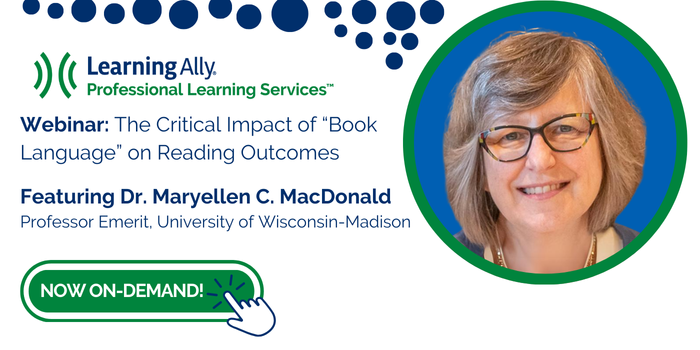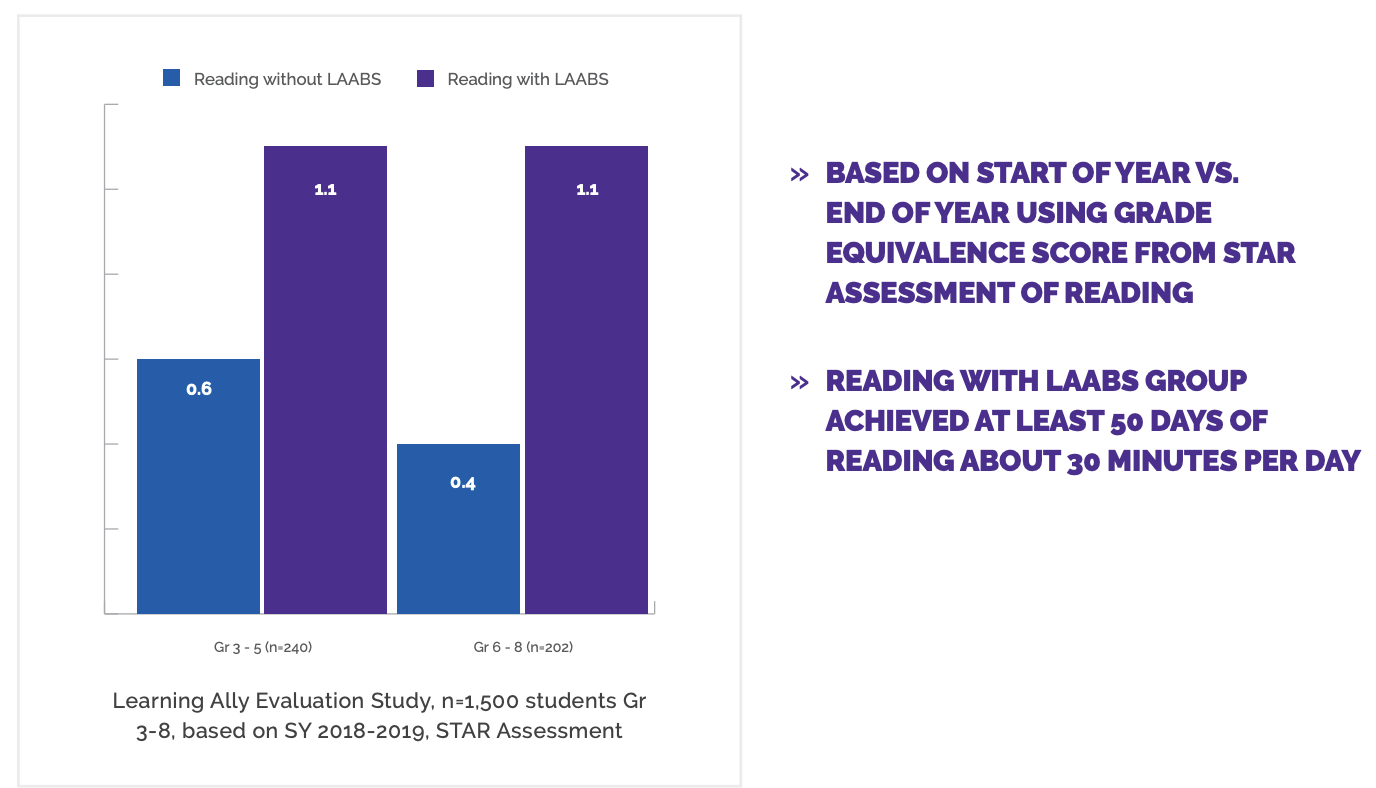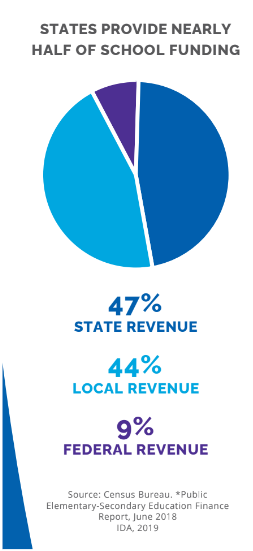The power of language is a vital tool, crucial not just for communication but for opening doors to a world of knowledge. This idea was the centerpiece of an enlightening… Read more
Categories: resourceLearning Ally Blog: Access and Achievement
Now more than ever, people with learning and visual disabilities are flourishing in the classroom, launching productive careers and becoming assets in their communities. This blog spotlights remarkable individuals who demonstrate that having a visual or print disability is no barrier to educational success.
November 18, 2024
Learning Ally's Spotlight on Dyslexia is an esteemed annual virtual conference focused on literacy education and dyslexia. In its ninth year, SPOD has become one of education's largest and most significant professional learning events. The conference spans two days in June and features world-class experts in literacy, dyslexia, and neuroscience. It aims to provide educators[...]
Categories: Dyslexia, resource



